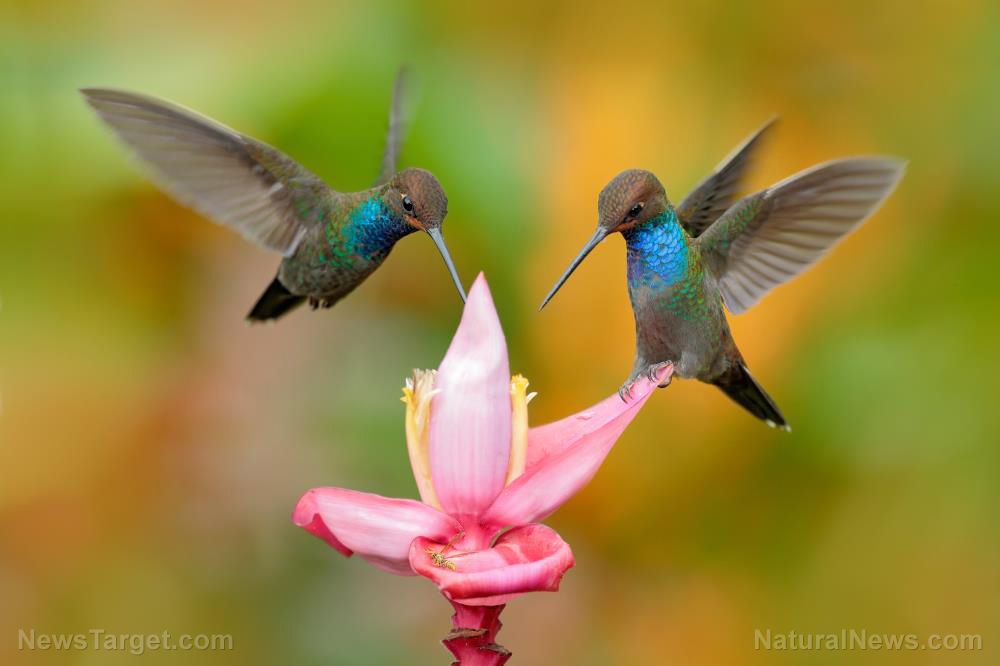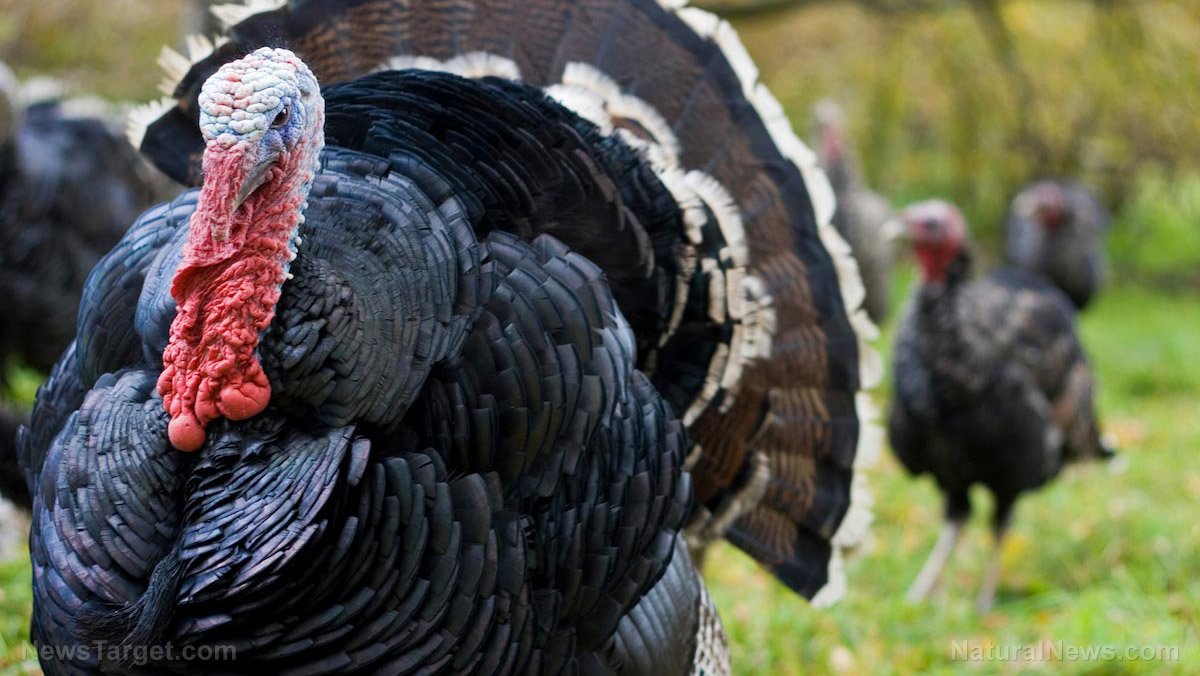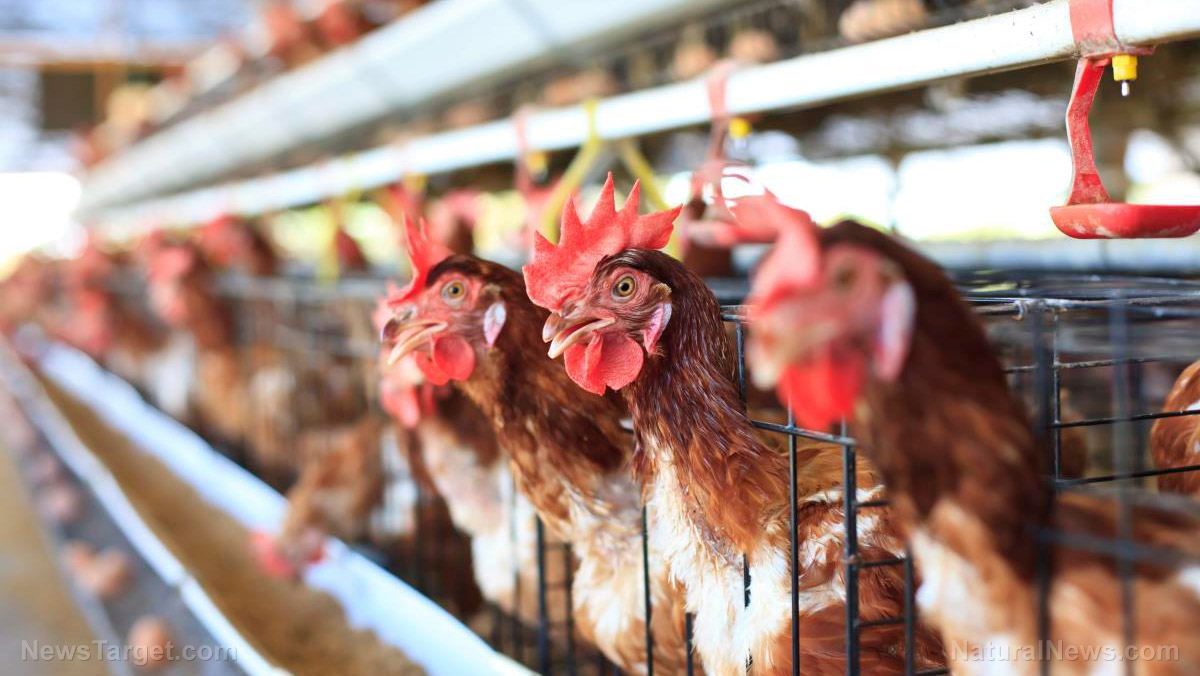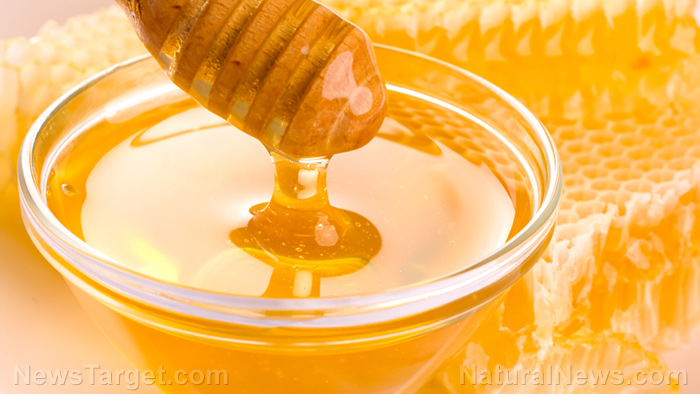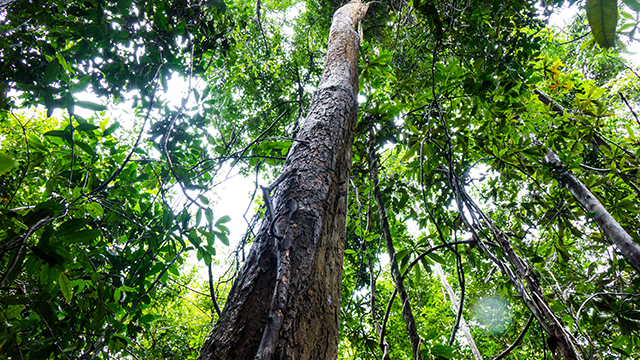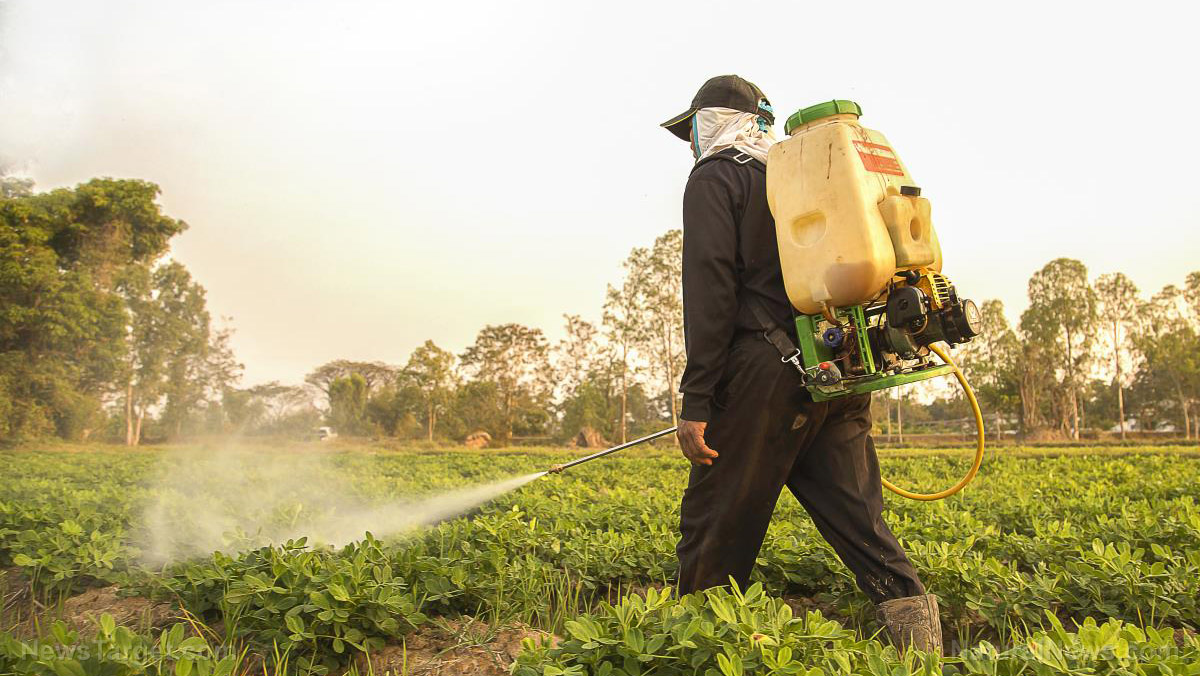Researchers examine how pesticides contribute to the rapid decline in bee populations
07/25/2018 / By Tracey Watson

Over the past decade, anxious beekeepers have been reporting unusual hive losses of up to 30 percent each year, and in more recent years this figure has increased to as much as 50 percent. Experts believe that a number of factors are responsible for these significant declines in domesticated bee populations, including the spread of viral pathogens and parasitic mites.
However, entomologists – insect experts – agree that it is virtually impossible that a single pathogen or parasite is responsible for the decline. Most such experts agree that one of the biggest contributing factors to the crisis is the use of pesticides and fungicides, particularly a class of pesticides known as neonicotinoids.
Several studies have confirmed a link between the use of neonicotinoids and the decline in bee populations, but exactly how much blame can be placed on these pesticides has remained unclear. A recent study by researchers from Imperial College London, published in the Journal of Applied Ecology, sought to more definitively establish the extent of this link.
The study’s results confirm that exposure to neonicotinoids can affect colony development.
Neonicotinoids threaten global food supply
The Guardian reported recently that bees and other animals are responsible for pollinating three quarters of all the world’s crops. Determining the root cause of the crisis affecting bee populations around the world is therefore vitally important.
Most studies investigating the link between declining bee populations and the use of neonicotinoids have been inconclusive because they have either been performed in an artificial laboratory environment or in fields where conditions are difficult to control and other environmental factors could affect study results.
The Imperial College team developed an innovative way to house colonies in the field, allowing them to carefully control pesticide exposure and to monitor colony development and activity.
A press release by the British Ecological Society explained the process in more detail:
The team placed pairs of bee colonies in a rural setting that was not near any farms, to reduce the possibility that the bees would pick up other pesticides from the environment. One colony from each of the pair was then supplied with neonicotinoids mixed with a nectar substitute.
Although supplied with nectar, the bees still needed to forage for pollen, which the researchers used to assess their behaviour. Each colony was housed in a box with a tube for entrance and exit. When bees returned through the tube with pollen, the researchers either snapped photos of them or took the pollen from one of their pollen baskets.
The amount of pollen brought back per bee and per colony was measured across the day for five weeks. The make-up of each colony was also measured at the start and end of the study and compared across colonies.
In contrast to some earlier studies, the researchers did not find a link between neonicotinoid exposure and changes in foraging behavior. Nonetheless, they did find that after such exposure the colony produced fewer males and new queens, directly affecting the health of the colony. (Related: Pesticides are killing birds, bats and bees by the millions.)
The European Union recently took the drastic step of banning neonicotinoids from all fields because of the danger they present to bees and other insects. From the end of this year, the use of these pesticides will only be permitted in greenhouses. Officials made this decision after a February report by the EU’s scientific risk assessors revealed that neonicotinoids pose a high risk to both wild bees and honeybees because they contaminate soil and water, and are absorbed by crops and wildflowers.
If you care about issues threatening the environment be sure to bookmark Environ.news.
Sources for this article include:
Tagged Under:

